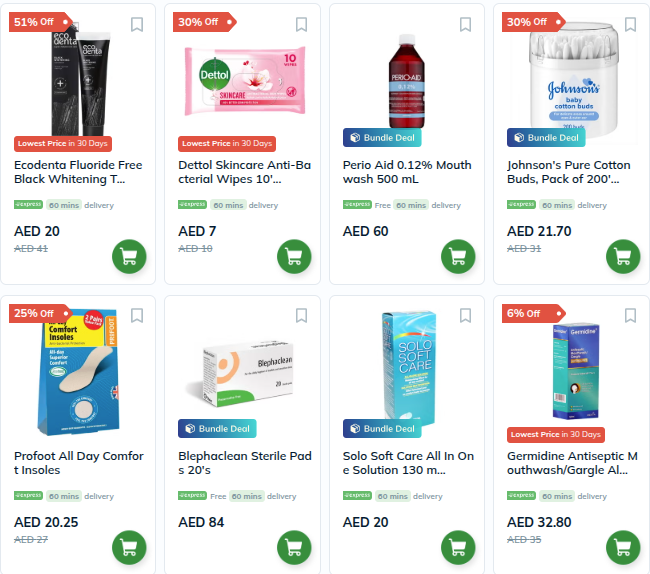Effective IELTS Preparation Ideas for Success
The International English Language Testing System (IELTS) is a crucial step for anyone looking to study, work, or migrate to an English-speaking country. A high score can open doors to a multitude of opportunities. To help you prepare effectively, here are some strategic ideas to boost your IELTS preparation.
Understand the Test Format
Before diving into your studies, familiarize yourself with the IELTS test format. The exam consists of four sections: Listening, Reading, Writing, and Speaking. Each section has its own unique structure and timing, so understanding the format will help you manage your time effectively during the actual test.
Listening
The Listening section is divided into four parts, each with 10 questions. You’ll listen to conversations and monologues and answer questions based on them. To prepare:
- Practice with Authentic Materials: Use IELTS practice tests and listen to English podcasts, radio shows, or TED Talks. Focus on different accents, as the test includes speakers from various English-speaking countries.
- Take Notes: While listening, jot down key points. This habit will improve your ability to retain information and understand the context.
Reading
The Reading section consists of three texts that range from descriptive to analytical, with a total of 40 questions. To excel:
- Skim and Scan: Practice skimming for main ideas and scanning for specific information. This skill will help you manage your time better and answer questions more efficiently.
- Expand Your Vocabulary: Read widely—newspapers, magazines, and academic articles. Note down unfamiliar words and phrases, and practice using them in sentences.
Writing
The Writing section is divided into two tasks. Task 1 involves interpreting data or describing visual information, while Task 2 requires you to present an argument or discussion. To enhance your writing skills:
- Understand Task Requirements: Familiarize yourself with the scoring criteria. Task achievement, coherence and cohesion, lexical resource, and grammatical range are crucial for a high score.
- Practice Regularly: Set aside time to practice both tasks. Write essays and reports on a variety of topics. Seek feedback from teachers or peers to improve your writing style and clarity.
- Use a Variety of Sentence Structures: Demonstrate your grammatical range by varying your sentence structures. This will make your writing more engaging and sophisticated.
Speaking
The Speaking section is a face-to-face interview with an examiner, divided into three parts: an introduction, a long turn, and a discussion. To prepare:
- Practice Speaking English Daily: Engage in conversations with friends or language exchange partners. The more you practice, the more confident you’ll become.
- Record Yourself: Speaking out loud and recording yourself can help you identify areas for improvement, such as pronunciation and fluency.
- Familiarize Yourself with Common Topics: The Speaking test often covers familiar topics such as family, hobbies, and work. Prepare answers for common questions, but ensure you can adapt your responses to different prompts.
Utilize Online Resources
There are countless online resources available for IELTS preparation. Websites like British Council, IDP, and Cambridge offer free practice tests, sample questions, and preparation materials. Additionally, YouTube channels and online courses can provide valuable insights and tips from experienced educators.
Join a Study Group
Studying with peers can significantly enhance your learning experience. Join or form a study group where you can share resources, practice speaking, and provide mutual support. Engaging in discussions can also improve your fluency and confidence in using English.
Take Mock Tests
Simulating the test environment is one of the best ways to prepare. Take full-length mock tests under timed conditions to build your stamina and understand your weaknesses. After each test, review your answers to identify areas for improvement.
Stay Positive and Manage Stress
Preparing for the IELTS can be stressful, but maintaining a positive mindset is crucial. Develop a study schedule that balances preparation with relaxation. Engage in physical activities, practice mindfulness, and ensure you get enough rest before the test day.
Conclusion
Achieving a high score on the IELTS requires dedication, strategy, and effective preparation. By understanding the test format, practicing regularly, utilizing resources, and staying positive, you can enhance your chances of success. Remember, consistency is key, so start your preparation early and keep pushing towards your goal. Good luck!








